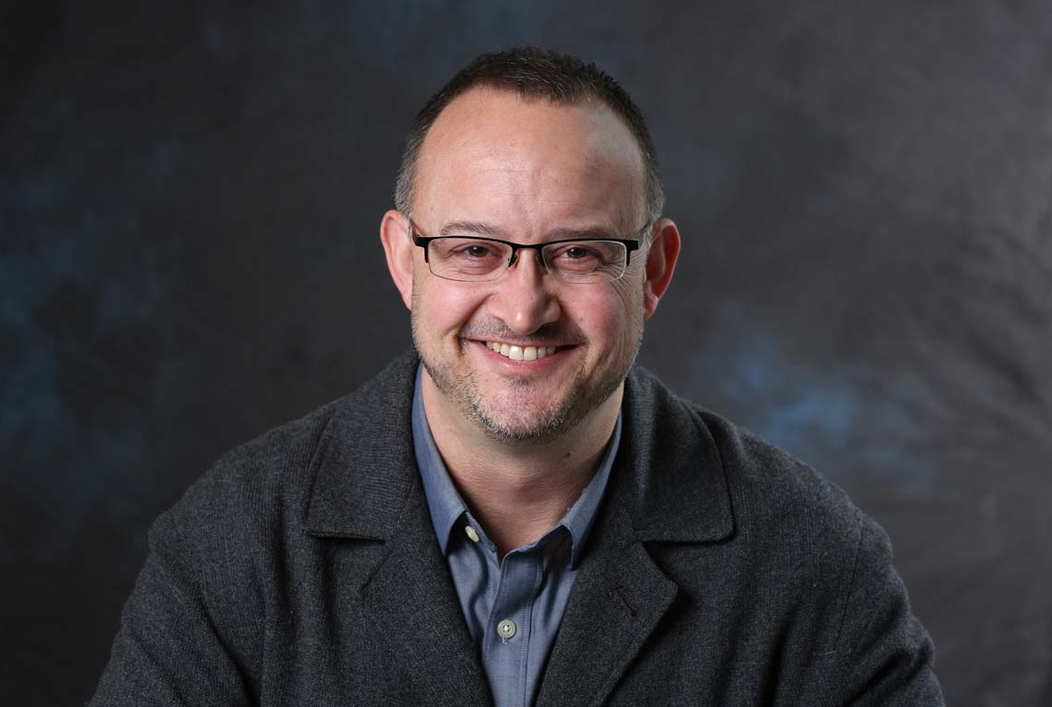
Jeremy J. Hess, MD, MPH
Professor
Department of Emergency Medicine (SoM)
Department of Environmental and Occupational Health Sciences (SPH)
Global Health (SoM and SPH)
Adjunct Professor, Atmospheric Sciences
Director, Center for Health and the Global Environment (CHanGE)
jjhess@uw.edu
Hess Faculty page
What is your Research Focus?
My research is focused on the intersections between climate change and health. Broadly, this includes connections between climate-sensitive hazards like extreme weather and health impacts; the timing and magnitude of these impacts; strategies for preventing and minimizing impacts, including their effectiveness and implementation; and the health benefits of activities to reduce the likelihood of dangerous climate change (climate change mitigation, e.g., transitioning to clean, renewable energy).
As we now have ample evidence that climate change is harming health, much of my research focuses on what can be done to prevent or minimize these harms going forward. In particular, I am interested in the decisions that we are making to protect health and how to support those decisions so that climate adaptation can be more effective, happen more quickly, and be implemented more broadly. In other words, I am particularly interested in studying how to support climate adaptation that protects health at scale.
I am also committed to helping translate research findings into policy and practice. While this is not research, per se, it is a significant element of my work, and important to the translation of the research that my colleagues and I pursue.
What opportunities at the UW excite you?
The UW has outstanding research and training programs in the health and environmental sciences, and is a very collaborative institution. I am excited by all the possibilities that come from comingling these outstanding resources.
The UW has strong commitments to population health and to fostering innovation. Both of these commitments are important to success in my work.
I am excited by UW’s commitment to community-engaged research. We are ethically bound to support a just and equitable transition to clean and renewable energy, and this can’t be done without sustained community engagement.